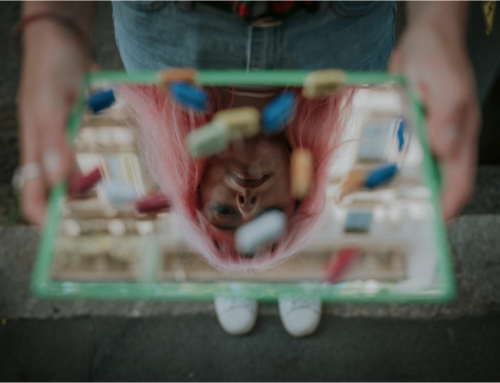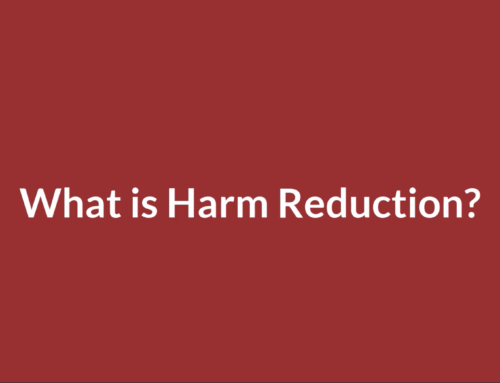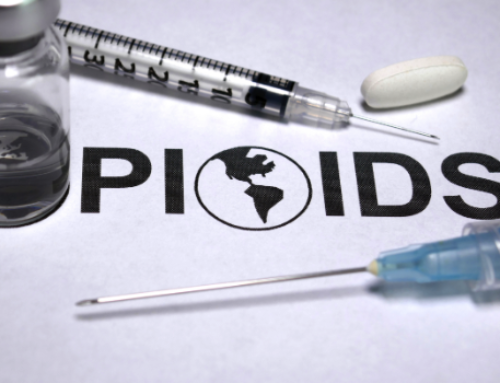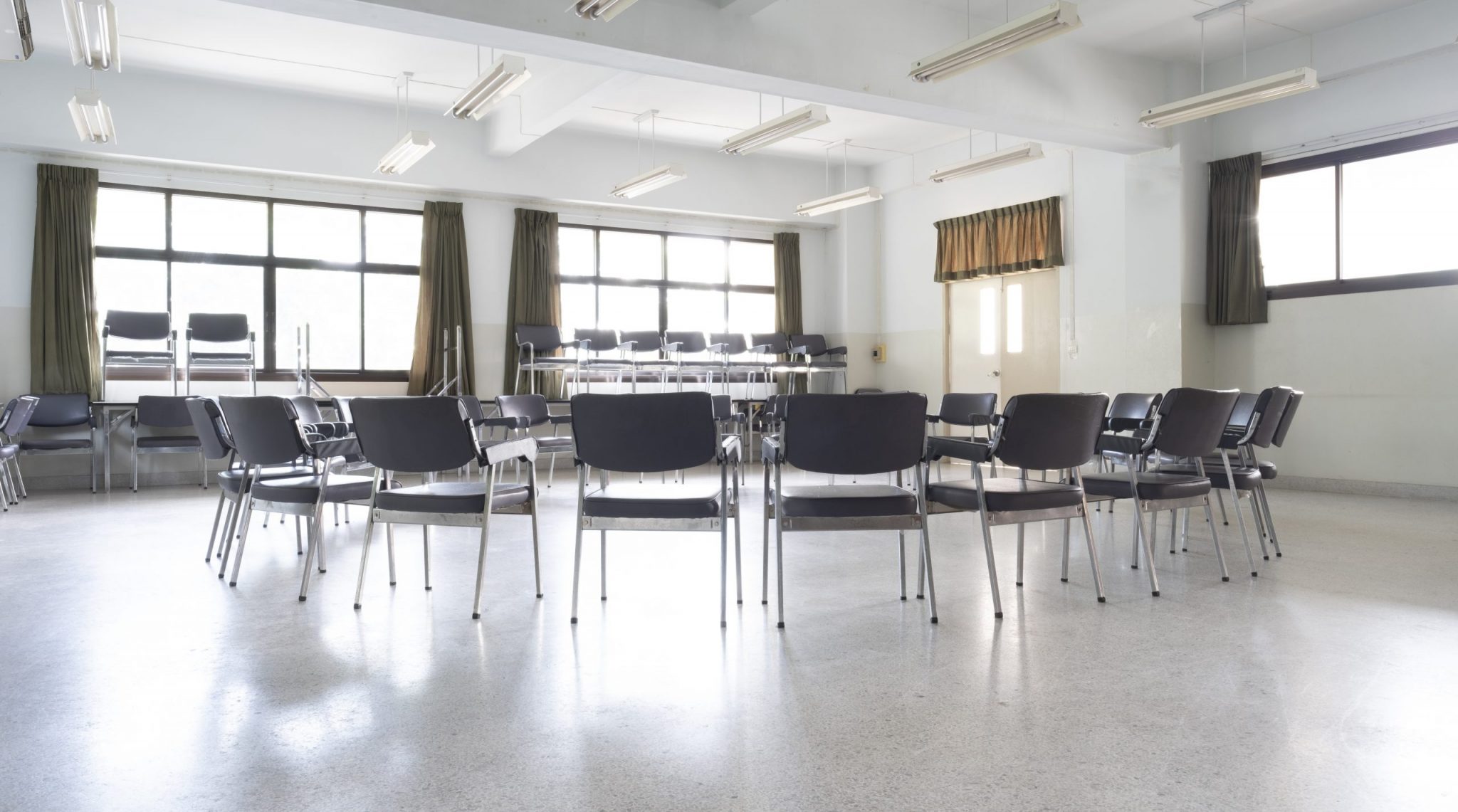 Contrary to the idea of social distancing, for those in recovery, attending face-to-face recovery meetings that emphasize closeness are essential to staying strong in the ever-present battle against addiction and substance abuse.
Contrary to the idea of social distancing, for those in recovery, attending face-to-face recovery meetings that emphasize closeness are essential to staying strong in the ever-present battle against addiction and substance abuse.
As the COVID-19 crisis has local and national governments “strongly discouraging” and out-and-out banning group gatherings or congregating at all, it remains to be seen how deeply social distancing might negatively impact those that depend on meetings as an integral part of their recovery.
The Anatomy of a Recovery Meeting
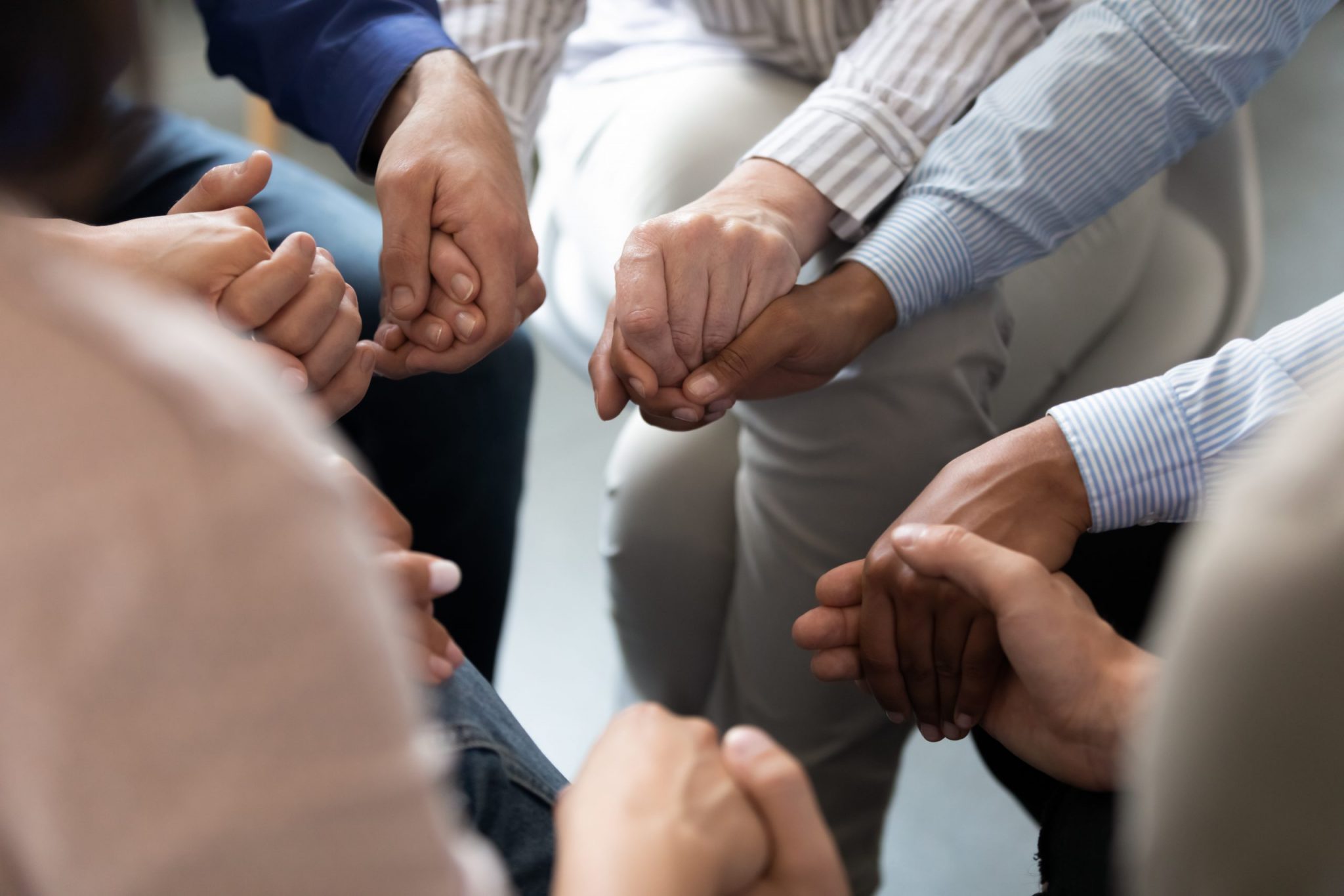 Recovery meetings happen nearly every hour across major cities, ensuring that help is available when members need it. At nearly all recovery meetings, members gather in groups that sit in close proximity to one another. Members of Alcoholics Anonymous, Narcotics Anonymous and Al-Anon regularly share food, embrace, touch hands and touch community property like books and donation baskets. The cornerstone of these meetings are being physically present and connected to others in order to share, give and receive support.
Recovery meetings happen nearly every hour across major cities, ensuring that help is available when members need it. At nearly all recovery meetings, members gather in groups that sit in close proximity to one another. Members of Alcoholics Anonymous, Narcotics Anonymous and Al-Anon regularly share food, embrace, touch hands and touch community property like books and donation baskets. The cornerstone of these meetings are being physically present and connected to others in order to share, give and receive support.
With physical presence and connection being something that recovery meetings are based on, going virtual to align with COVID-19 social distancing will be a learning curve – one that could jeopardize the sobriety of many people. In addition, it’s not just alcoholics or addicts that will suffer, but their spouses, children and other loved ones as well.
What a Recovery Meeting Means To Its Members
Overall, a recovery meeting means support for individuals that struggle with substance abuse issues, whether those issues are their own or belong to a loved one. A meeting is respite from the stressors and triggers of life, which have significantly increased just in the last few weeks since the COVID-19 outbreak.
It’s not all about substance abuse. It’s also about the family dynamics, financial concerns, co-morbidity and all the other factors that contribute to substance abuse. A recovery meeting is a safe place to unburden one’s self around others that have the ability to empathize and offer real compassion. It’s that compassion within recovery meetings, when you feel surrounded by people who authentically know your struggles because they share them that make you feel less alone, less hopeless and cautiously optimistic that recovery is possible.
Meetings also bring a degree of accountability to the members that have created a community around attending regularly. Without a community and an outlet for unburdening, stressors can build up, increasing the potential for making destructive choices that might end in relapse.
How Social Distancing Will Change Recovery Meetings
No one knows how long social distancing will last, but the U.S. Government COVID-19 Response Plan dated March 13, 2020 assumes the “pandemic will last 18 months or longer and could include multiple waves of illness.” The way recovery meetings are held certainly has to change in the short run, and that will mean that some people will lose them as a resource if they do not have the knowledge to adapt.
Alcoholics Anonymous Response to COVID-19
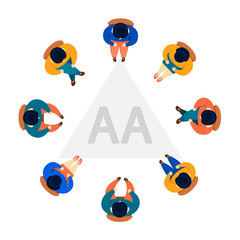 Some recent changes to AA meetings in response to COVID-19 have been to:
Some recent changes to AA meetings in response to COVID-19 have been to:
- Avoid shaking hands and hand holding.
- Making sure meeting hospitality tables are sanitary.
- Suspending food hospitality.
- Create contact lists and keep in touch by phone, email or social media
- Utilize digital platforms such as Zoom, conference calls, etc.
Historically, Alcoholics Anonymous, Narcotics Anonymous and Al-Anon have not employed a high degree of technology in their programs. Their websites have been basic and sometimes it is difficult to locate information, with it often being outdated. For this reason, it can be assumed that the transition to virtual meetings may not be a quick or smooth process, nor will it be something enacted unilaterally across the organization.
Virtual AA, Al-Anon and NA meetings will largely succeed or fail depending on the tech savvy of the individual groups and their attendees, per the Twelve Traditions of Alcoholics Anonymous, versions of which are also followed by NA and Al-Anon. The traditions keep AA from being a highly organized, centralized organization on purpose, in order to have the program work as intended. Some of these traditions include that:
- Each group should be autonomous except in matters affecting other groups or A.A. as a whole.
- Alcoholics Anonymous should remain forever nonprofessional, but [their] service centers may employ special workers.
- A.A., as such, ought never be organized; but we may create service boards or committees directly responsible to those they serve.
Being in uncharted territory with the COVID-19 pandemic, it remains to be seen whether AA will take action to aid in implementing virtual meetings for its members. More than likely, they will leave it entirely in the hands of each individual group, whether or not they have the ability to move from physical to virtual meetings. Their response may irrevocably change AA and its effect on substance abuse recovery. In the meantime, those interested can find online Alcoholics Anonymous Meetings through Online Intergroup.
Narcotics Anonymous Response to COVID-19
Similarly to Alcoholics Anonymous, Narcotics Anonymous released a NA World Services Statement Regarding Coronavirus on March 12, 2020. It communicates their suggestions for meetings during the COVID-19 pandemic that emphasizes refraining from touching at meetings, not serving food at meetings and considering organizing virtual meetings. NA World Services admits that they “are not the best resource for current information for local events and meetings” and instead suggest using their NA Meeting Search to find out how meetings are being approached at a local level.
On the local level in San Diego, CA, most face-to-face NA meetings have been suspended in response to COVID-19. In response, a savvy NA member has put together a directory of current virtual NA meetings.
Al-Anon Response to COVID-19
The Al-Anon Family Groups website offers a short comment on the effect of COVID-19 on their “Find an Al-Anon Meeting” page acknowledging that most face-to-face Al-Anon meetings have been suspended. As with AA and NA, there is a directory for Al-Anon Electronic Meetings, even though it is a bit difficult to navigate.
Women for Sobriety Response to COVID-19
WFS is a non-profit, secular-based organization with members all over the United States that supports women’s recovery. They describe themselves as “an abstinence-based self-help program for women facing issues of alcohol or drug addiction.”
In response to the Coronavirus pandemic, WFS have issued a statement addressing COVID-19 that recommends if meetings are held, that they be held in accordance with WHO and CDC recommendations. The WFS office will be available as a resource as well as the WFS online peer-support forum and scheduled chats, which are available 24/7. WFS is working to fast track the creation of online video meetings in response to COVID-19.
SMART Recovery Response to COVID-19
SMART Recovery is a secular, nonprofit, abstinence-based recovery program founded in 1994 “to empower people to achieve independence from addiction problems with our science-based 4-Point Program®️”. SMART Recovery USA’s Response to the Coronavirus verifies that meetings are taking place, but most face-to-face meetings have gone on hiatus or will be moved online.
While the organization normally maintains and supports locally hosted face-to-face SMART Recovery Meetings, there is also an established online community that conducts virtual meetings. Online recovery meetings can be found on the SMART Recovery Online Meetings & Events page. Those wanting to attend must first register on the site and post an introduction in the Welcome Forum, but it is a simple process.
Is There a Silver Lining?
It would be irresponsible to speculate or give any false hope while COVID-19 disrupts and destroys lives across the world, but in the traditions of recovery organizations, one would hope that mutual struggle can develop into mutual strength as new ways of interacting and supporting one another are embraced.
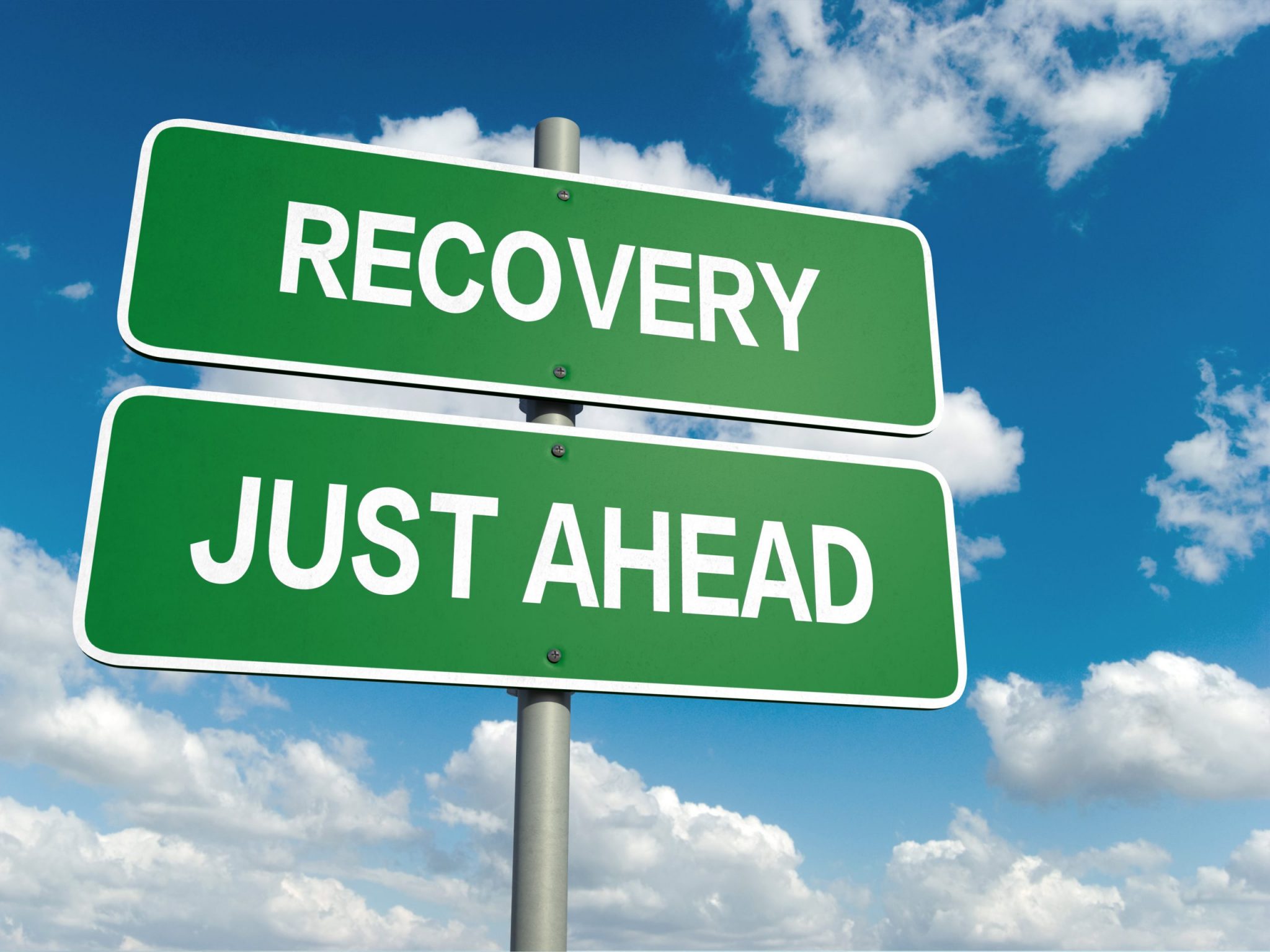 Where to Currently Find Virtual Recovery Meetings
Where to Currently Find Virtual Recovery Meetings
- SMART Recovery Virtual Meetings & Events
- Women for Sobriety Online Peer-Support Forum and Scheduled Chats
- Alcoholics Anonymous Virtual Recovery Meetings
- Al-Anon Virtual Recovery Meetings
- Narcotics Anonymous Virtual Recovery Meetings
Feeling overwhelmed? Visit our Resource Center page for information on rehabilitation and behavioral health services.
